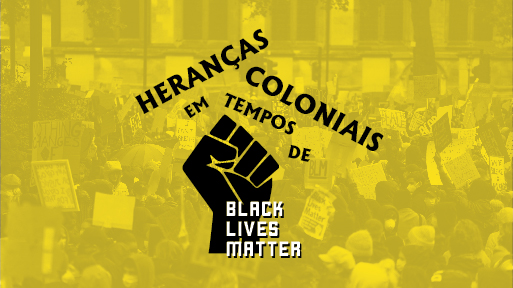Colonial Legacies in Times of 'Black Lives Matter'
CES Studies
Violência colonial e testemunho: Para uma memória pós-abissal
Bruno Sena Martins
Revista Crítica de Ciências Sociais
About
In the space of Portuguese democracy, there is an unlikely “family resemblance” between the anti-racist agenda and the claims framework that gave body to the Association of the Disabled of the Armed Forces. This similarity resides only in the centrality of recognizing colonial violence as a structural element of Portuguese history and society. In this denied centrality, it is important to consider how the Colonial War/Liberation Struggles (1961-1974) constitute constitutive elements of the democratic and post-imperial reconstruction of Portuguese society. Starting from an extensive collection of life stories of “disabled members of the Armed Forces”, the present text seeks to analyse the struggles for meaning brought about by their narratives. On the one hand, we seek to understand the terms of a confrontation between a memory of violence, corporally inscribed, and the attempted elision of colonial violence in the common sense of democratic Portugal. On the other hand, we seek to understand how the notion of an avoidable and unjust war, increasingly sedimented after its end, creates a paradox for those who, having been part of an aggressor force, are configured as victims.
__________________________
Martins, Bruno Sena (2015), "Violência colonial e testemunho: Para uma memória pós-abissal", Revista Crítica de Ciências Sociais, 106, 105-126.


